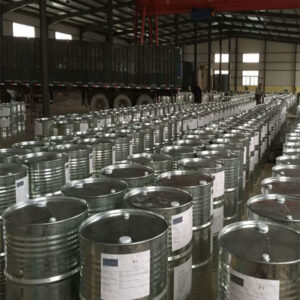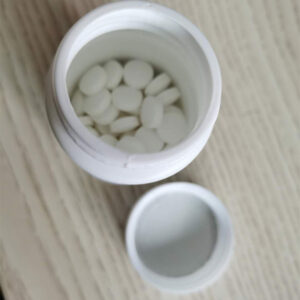Description
Vanillin Typical Properties
| Item | Specifications |
| Characteristics | White toLightYellowCrystal |
| Odour | Characteristics of vanillia |
| Solubility | 1g of vanillin soluble in 100ml water, 3ml 70% or 2ml 95% ethanol at 25℃,in 20ml glycerol, in 20ml water at 80℃soluble in chloroform ,ether |
| Melting point | 81.0-83.0℃ |
| Purity (by GC) | ≥99.50% |
| Loss on drying | ≤0.5% |
| Arsenic (as ) | ≤0.0003% |
| Heavy metal (based on pb) | ≤0.001% |
| Residue on ignition | ≤0.05% |
Vanillin Usage
Used as food flavor, daily flavor and pharmaceutical intermediates.
- Food Industry: Vanillin, with CAS number 121-33-5, is extensively used in the food industry as a flavoring agent. It imparts a sweet and pleasant vanilla-like taste and aroma to a variety of food products, including baked goods, confectionery, beverages, and dairy products.
- Perfumery and Fragrance: This compound is a valuable ingredient in the perfumery and fragrance industry. It is employed to enhance and impart vanilla notes to a wide range of perfumes, colognes, and personal care products.
- Pharmaceuticals: Vanillin finds applications in the pharmaceutical industry as a flavoring agent for medicinal formulations. It is used to mask the taste of certain medications and improve the overall palatability of pharmaceutical products.
- Chemical Synthesis: In addition to its role as a flavoring agent, vanillin is used in chemical synthesis for the production of various derivatives and as a starting material for the synthesis of other compounds.
Vanillin Packaging and Shipping
Packing: 25kg/drum
Vanillin Storage
It should be sealed and shaded to be stored in a dry, cool, well ventilated place.







Reviews
There are no reviews yet.